Industry Information
-
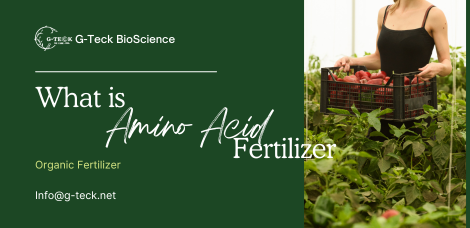
What is Amino Acid Fertilizer?
Amino acid fertilizers are derived from natural sources such as animal or plant proteins and are beneficial to a variety of crops, including fruits, vegetables and ornamental plants. Their use has been shown to increase plant tol...Read more -
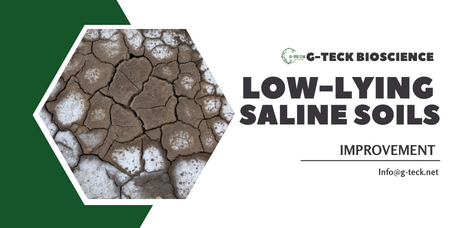
Improvement of low-lying saline soils
Low-lying saline-alkali soils are generally prone to water accumulation, high salt content, and their pH value is above 8, which hinders the normal growth of crops. Improvements: 1. Increase the application of sufficient organic particle...Read more -
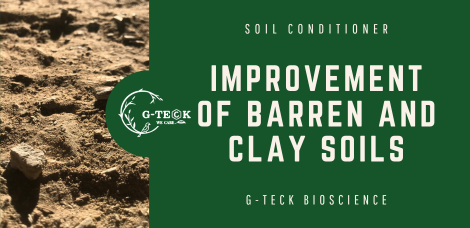
Improvement of Barren and Clay Soils
This kind of soil is generally more viscous, poor permeability, strong water and fertilizer retention ability, easy to accumulate water, high potential nutrient content, slow decomposition of organic matter, easy to accumulate, long fert...Read more -
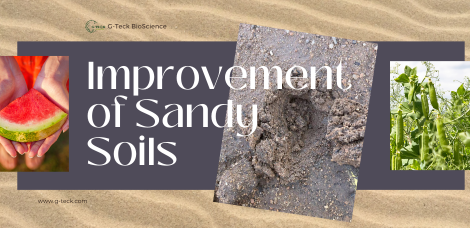
Improvement of Sandy Soils
The sandy heavy soil is generally too loose, leaking water and fertilizer, lack of organic matter, large evaporation, low thermal insulation performance, short fertility, and easy to defertilize in the later stage. Improvement method: 1....Read more -
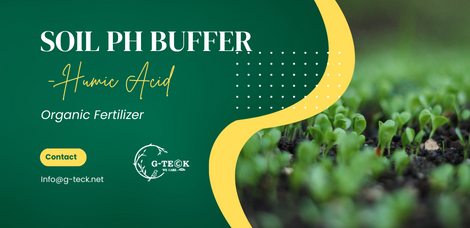
Soil pH Buffer – Humic Acid
In recent years, excessive use of chemical fertilizers in farmland has caused soil acidification or salinization, which has a negative impact on crop growth. To solve this problem, it is important to neutralize the acidity with alkaline ...Read more -
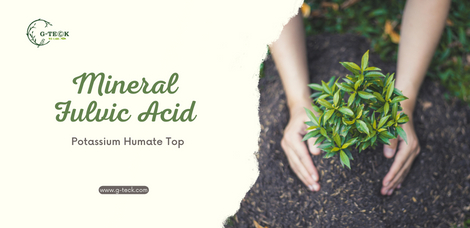
Mineral Fulvic Humic’s Chelating Ability
Humic acid is a complex mixture. includes 3 different kinds of acids, in which mineral fulvic acid is considered to be the most important component of humic acid. mineral fulvic acid is rich in hydroxyl and carboxyl functional groups. It...Read more -
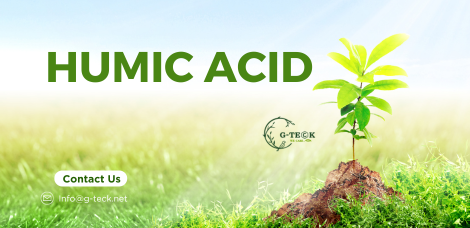
Humic Acid Using as Binding Agent and Water-Retaining Agent
Humic acid is a black colloidal substance composed of an amorphous polymer compound containing benzene core, carboxyl (-COOH) and phenol (-OH) groups. G-Teck water soluble humic acid (potassium humate) is extracted from leonardite. Humic...Read more -

Potassium Humate on Crop Yield Discovered: A Game Changer for Farmers
In the pursuit of sustainable agriculture and higher crop productivity, modern farmers continue to explore innovative technologies and products. One such breakthrough was the application of potassium humate to crops. Extensive research h...Read more -
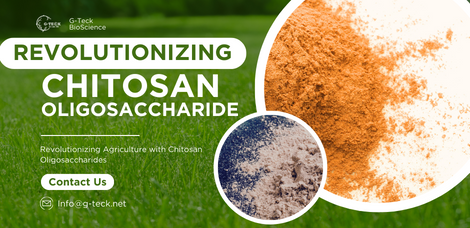
Revolutionizing Agriculture with Chitosan Oligosaccharides
G-Teck is an OMRI-listed company that has been at the forefront of agricultural biostimulants and advanced plant nutrition solutions since 2010. Our team of professional agricultural consultants is dedicated to providing growers with com...Read more -
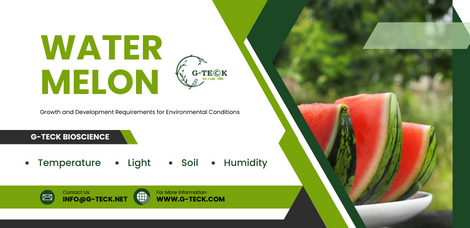
Watermelon growth and development requirements for environmental conditions
Watermelon (Cucumis sativusL), also known as watermelon, cold melon, etc., is an annual herb in the genus Watermelon of the Cucurbitaceae family. Watermelon flesh is juicy and sweet, cool and fast, with high economic value, and is a spec...Read more -
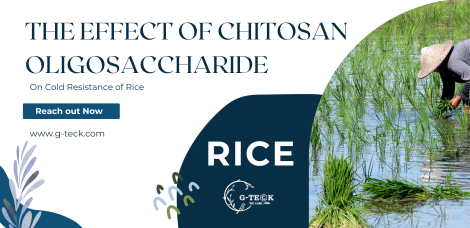
The Effect of Chitosan Oligosaccharide on Cold Resistance of Rice
As a subtropical thermophilic plant, rice is sensitive to low temperature environment. Low temperature will cause poor growth and development of rice seedlings or even death, severe seriously affect the rice yield. Thus, the cold resista...Read more -
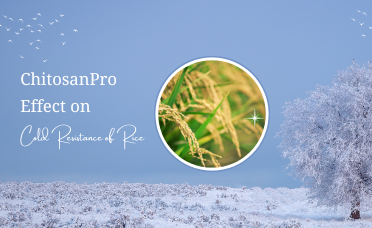
The Test of Chitosan Oligosaccharide Effect of Cold Resistance on Rice
During plant growth, biological Stress (virus, insect pest, fungus, etc.) and abiotic stress (cold damage, drought Harmful, salinity, mineral deficiency, heavy metals, etc.), where the temperature is one of the important conditions for p...Read more
















